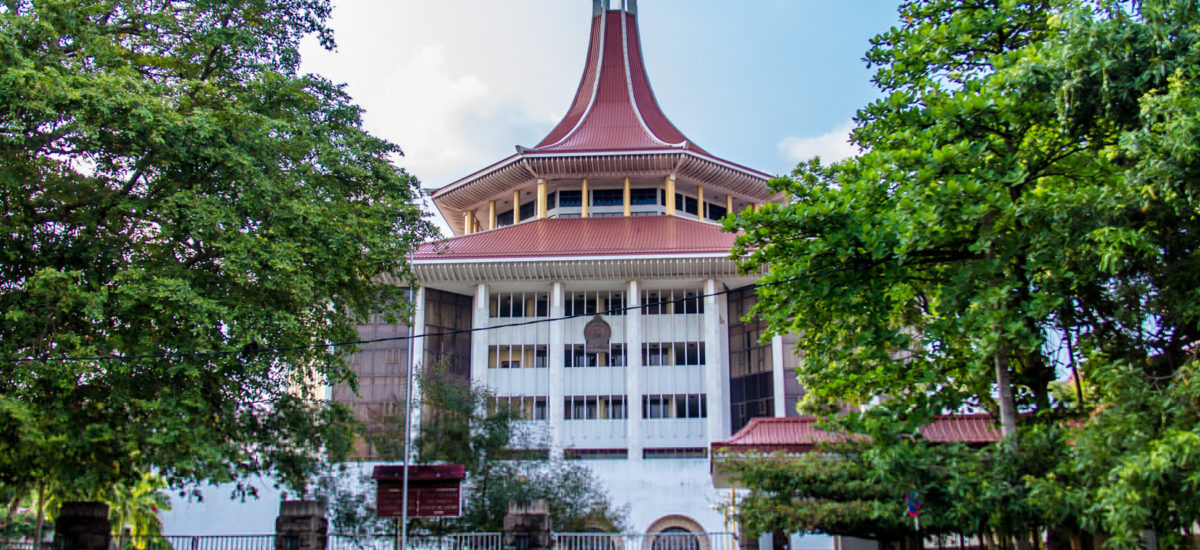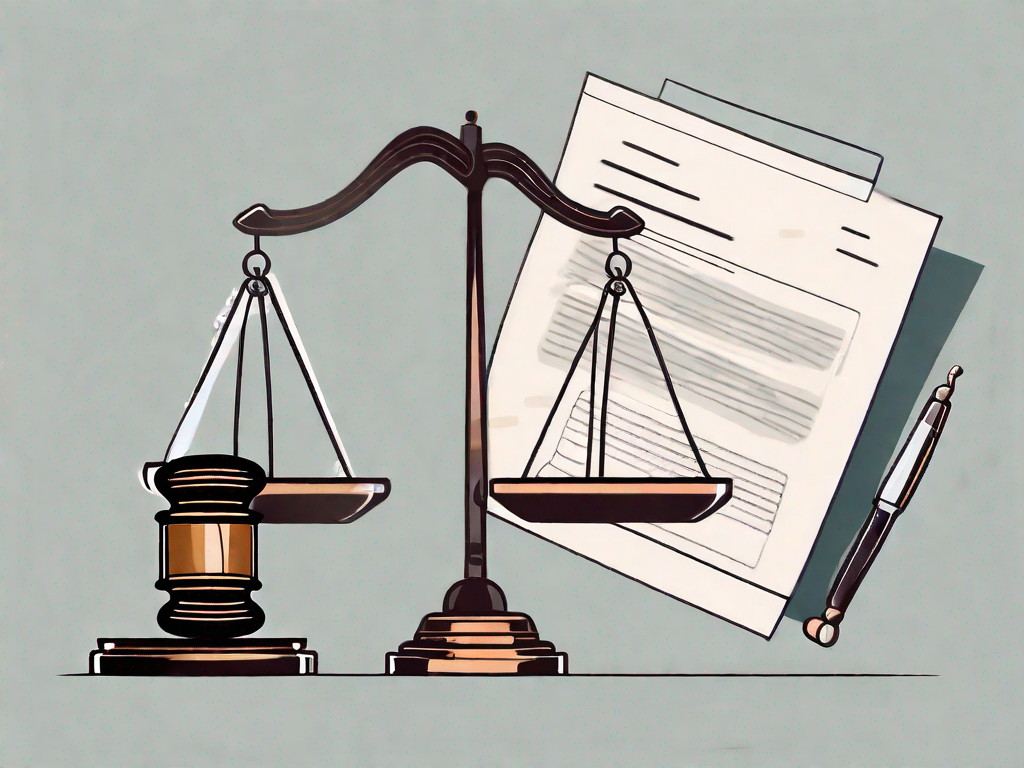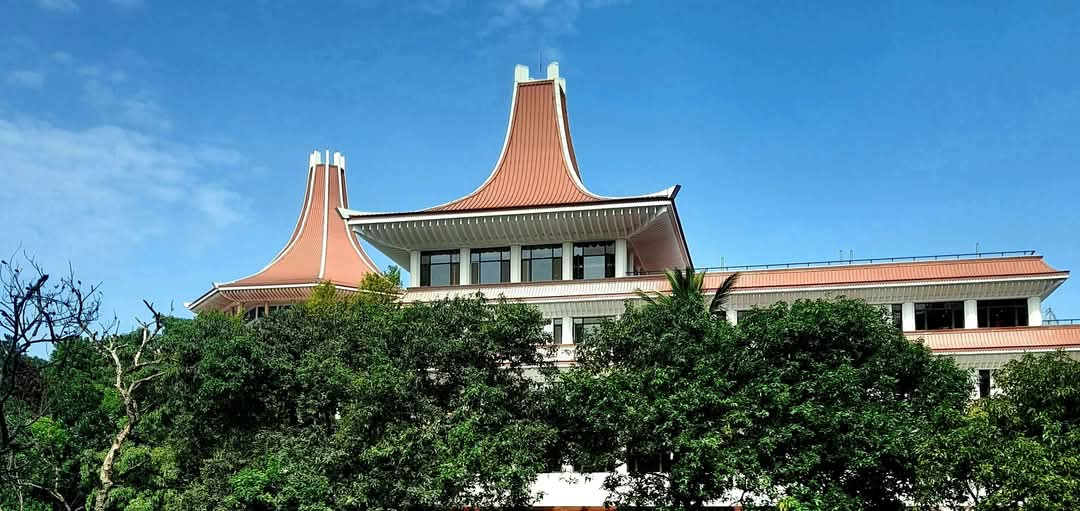Persons don’t have soil right over ‘right of way’ can not obstruct others
In Sec. 66 Cases: SC Upholds Primary Court’s Authority in Land Disputes

“Quasi-criminal jurisdiction of Magistrate”
In a recent landmark decision, the Supreme Court affirmed the jurisdiction of the Primary Court in matters relating to land disputes, specifically where a breach of the peace is threatened. The ruling came from a case involving an appellant challenging the Primary Court’s authority to issue orders concerning land, despite the provisions of the Judicature Act and the Primary Courts’ Procedure Act.
The Supreme Court emphasized that while the Primary Court does not have jurisdiction to definitively determine land ownership, it does have the authority to issue provisional orders to maintain the peace in cases where a breach of the peace is imminent.
Summary
The case originated from an application by the Thalangama Police under the Primary Courts’ Procedure Act concerning access rights to a roadway.
In 2007, the Primary Court of Kaduwela ruled that L.G.R.N. Perera (the 1st Party) was entitled to use a 10-foot wide roadway, known as Lot 30, which provided access from Perera Mawatha to her land. The court also prohibited Malkanthi Silva (the 2nd Party) from obstructing this right. The ruling followed over three decades of unimpeded use of Lot 30 by the Perera family.
Silva, who purchased a nearby lot (Lot 28) in 2003, contested this decision, arguing that her property included a right of way over Lots 30-35, which were designated as roads by the Lanka Mahabodhi Society. Silva also claimed that Perera had alternative access to her land and that Silva had maintained Lot 30 at her own expense.
Despite Silva’s challenges, the Provincial High Court and the Court of Appeal upheld the Primary Court’s decision, confirming Perera’s right to use Lot 30. Silva’s appeal to the Supreme Court, granted special leave in December 2010.
Arguments
The appellant’s primary argument was that the Primary Court lacked jurisdiction under Section 32(2) of the Judicature Act, which excludes certain land-related matters from its purview.
Further arguments centered on the interpretation of Sections 68 and 69 of the Primary Courts’ Procedure Act, with the appellant contending that the distinction between ‘possession’ and ‘ownership’ was pivotal.
However, the Court reiterated that:
“…I am of the view that the judgement of Ramalingam v. Thangarajah (supra) clearly lays down, that a Primary Court has jurisdiction to determine which of the parties has acquired that right [right of way] or is entitled for the time being to exercise such right [right of way] prior to making an order under Section 69(2) of the Act… If I may digress further and go to Section 69(2) referred to earlier, the said section clearly and unambiguously makes provision for a court to make order, declaring any person specified therein is entitled to any such right, until such person is deprived of such right by virtue of an order or decree of a competent court.”
“Thus, the argument of the Appellant that an order made by a Primary Court is a declaratory decree pertaining to the title to the land is erroneous and has no force in law. The order made by the Primary Court is not a final order. It is only a provisional order made to preserve the breach of the peace and to maintain the status-quo, until the party being deprived of the right, goes before a competent court and obtains an order or decree in its favour.”
“…the parameters of the Primary Court Judge or what the Primary Court has to decide is, who is ‘entitled’ to such right for the time being. Even if such party is a mere user, if he can establish that he has a right for the time being, he could obtain an order favourable to him. This order is not a final order. It is only to maintain peace in the interim. Nevertheless, a party deprived of a right could at any time obtain relief from a competent civil court and deprive the party who obtained an order favourable to him under Chapter VII of the Primary Courts’ Procedure Act…..”
“…..The above provisions of Sections 68 and 69 are mirror images of Sections 62 and 63 of the Administration of Justice Law No 44 of 1973. In the cases of Kanagasabai v. Mylwaganam 78 NLR 280 and Loku Banda v. Ukku Banda [1982]2 SLR 704, in matters pertaining to the above Law No 44 of 1973, this Court quite rightly held that a Magistrate is not involved in an investigation into title or right to possession, which is the function of a civil court and the action taken by a judge is of a purely preventive and provisional nature…..”
“…..Sharvananda, J., as he then was, in the case of Kanagasabai v. Mylvaganam case (supra) went onto opine as follows; “Section 62 of the Administration of Justice Law confers special jurisdiction on a Magistrate to make orders to prevent a dispute affecting land escalating and causing a breach of the peace. The jurisdiction so conferred is a quasi-criminal jurisdiction. The primary object of the jurisdiction so conferred on the Magistrate is the prevention of a breach of the peace arising in respect of a dispute affecting land. The section enables the Magistrate temporarily to settle the dispute between the parties before the court and maintain the status-quo until the rights of the parties are decided by a competent civil court. All other considerations are subordinated to the imperative necessity of preserving the peace.”(page 283) The aforequoted dicta was re-iterated word to word by Sharvananda, J., in Ramalingam’s case (supra at page 700). The said Ramalingam’s case, as stated earlier is referred to in the question of law, which this Court is to determine in this appeal.
“…Hence, if a party has been obstructed by another from using a road-way, such party can come before court at any time and obtain from the Primary Court a preventive order, if such dispute relating to land is likely to cause a breach of the peace…”
“…As discussed earlier in this judgement, prior to issuance of an order to maintain the peace, the Magistrate should be satisfied that the aggrieved party has an ‘entitlement’ to the disputed matter. Without a party satisfying court that such a party has an entitlement, the Primary Court will not issue a preventive order, even if the dispute relates to land and the dispute is likely to cause a breach of the peace. Hence, ‘satisfying’ court cannot in any way be construed as a Primary Court ‘determining’ ownership. A determination relating to a land is the prerogative of the civil court and only a civil court could make a finding pertaining to the ownership of a land or property or any other related right…”
Persons don’t have soil right over ‘right of way’ can not obstruct others
The supreme court also affirmed in this case that a person with only a servitude right of way over a parcel of land does not possess the authority to obstruct others from using that land.
“…Admittedly, the Appellant has only a right of way over lot 30, according to the deeds produced in evidence before the trial court by the Appellant herself. Thus, the Appellant is not the owner of the soil rights of lot 30. The Appellant only has a servitudinal right. Nevertheless, the Appellant is enjoying lot 30 exclusively, to the detriment of all others and particularly the Respondent, as if the Appellant is the owner of soil rights of lot 30. The contention of the learned Counsel for the Respondent before this Court, was that a person who has no soil rights, but only a servitude right over lot 30, i.e., a strip of land, has no right whatsoever, to prevent or obstruct another party from using the said strip of land (lot 30) as a right of way. The learned Counsel for the Respondent strenuously argued that only an owner of soil rights can prevent others from using a strip of land, through which a servitude right is granted. The Respondent relied upon the judgement of Fernando v. Wickramasinghe (1998) 3 SLR 37 to substantiate its submission……”
“…In the aforesaid Fernando v. Wickramasinghe case, Weerasuriya, J., relied on two unreported judgements, namely, M.D.B. Saparamadu v. Violet Catherine Melder CA 688/42F C.A.M. 22.03.1996 and K.K.Gunadasa v. J. Subasinghe CA 92/95 C.A.M. 27.03.1995, wherein the principle was accepted that a person who enjoys only a servitude of a right of way, will be debarred from seeking a declaration, that another has no claim for a servitude of a right of way……”
Case: SC/Appeal 181/2010 [Decided on: 23.07.2024]
Before: Vijith K. Malalgoda, PC J, Murdu N.B. Fernando PC J, and S. Thurairaja, PC. J.






